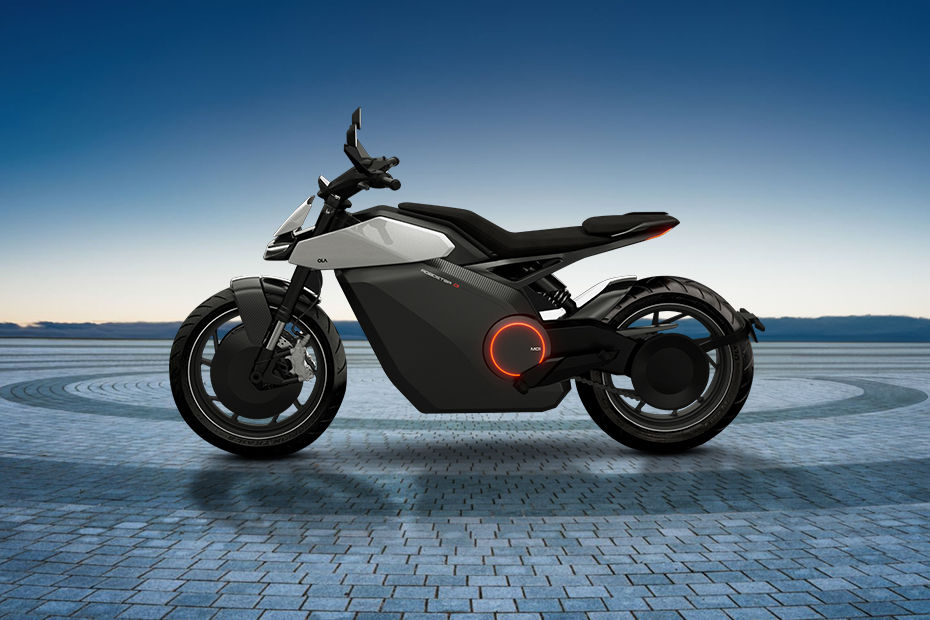Why An Electric Motorcycle Still Has A Long Way To Go To Replace Your Gas Bike
Introduction
The electric motorcycle is one of the most promising areas of technological innovation in recent years. For many people, they represent a solution to the problem of range anxiety that has plagued drivers who want to move away from gas-powered cars. But despite all their promise and potential, it’s clear that we’re still very much in the early days for these kinds of vehicles. Here are five reasons why an electric bike can’t replace your gas-powered ride just yet:

Range
The range of an electric motorcycle is a big problem. It’s limited by the size of your battery and the weight of your bike. If you have a large battery and light bike, then you will get more range. If you have small batteries and heavy bikes, then – well, we’ll get back to that later.
If we take two otherwise identical bikes but swap out their batteries (say from 4 kilowatts hours (kWh) to 8 kWh), then they will go twice as far before needing recharging! But wait: if both bikes weigh 250 pounds each with their new batteries installed, then won’t they both travel about 60 miles per hour? So wouldn’t this mean that swapping out these two bikes’ batteries would only increase their top speed from 50 mph up to 60 mph?
Acceleration
Electric bikes are slower, heavier and more expensive than gas bikes. They also have a shorter range, meaning you’ll have to stop more frequently to charge your battery.
Essentially, the electric motorcycle has a long way to go before it can replace your gas bike as an everyday commuter vehicle.
Performance
Performance is another place where electric bikes have a long way to go before they can replace gas-powered motorcycles. The biggest advantage of an electric bike is that it has tons of torque, meaning it can get up to speed with ease and pull away from traffic lights and stop signs with very little effort. However, this also means that the top speed of an electric motorcycle isn’t as high as one powered by gasoline–and that’s something you definitely want if you plan on doing any highway driving (unless you’re okay with going 65 mph).
Electric motorcycles are great for city driving but not so great for long road trips or riding in hilly areas!
Recharging Time
One of the biggest drawbacks of an electric motorcycle is the time it takes to recharge your battery. The average time is several hours, but if you want to make sure that your bike is ready for a long ride, then you’ll need to plan ahead and find a charger before heading out on your journey. You can buy portable chargers that allow you to charge while driving or at home on days when there isn’t enough sunlight available for solar panels.
Electric motorcycles require less maintenance than gas bikes because there aren’t as many moving parts. However, electric motors still require lubrication every few thousand miles depending on how much use they get (and how often they’re ridden). For example: if you ride once per week versus twice per day then expect more frequent servicing intervals than someone who rides daily!
Electric motorcycles will be able to replace gas bikes in the future, but not anytime soon.
Electric motorcycles are a rising trend in the biking community, and for good reason. They’re cheaper to operate, they don’t require you to fill up at a gas station or worry about running out of fuel on long trips. Unfortunately, electric motors still have a long way to go before they can replace gas bikes in terms of performance and range.
The good news is that electric motors are improving every year–they already have better acceleration than gas bikes do! But even though battery technology has improved significantly in recent years (thanks largely to advancements in lithium-ion batteries), it still takes longer than refueling your tank with gasoline or diesel fuel when you run out of juice on an electrically powered vehicle like an e-bike or scooter.
Conclusion
The electric motorcycle is still in its infancy, but it has a lot of potential. The technology is getting better every year and there are already some great bikes on the market today. In the future we will see more models with longer range and faster acceleration as well as cheaper prices which means that more people will be able to afford them!




